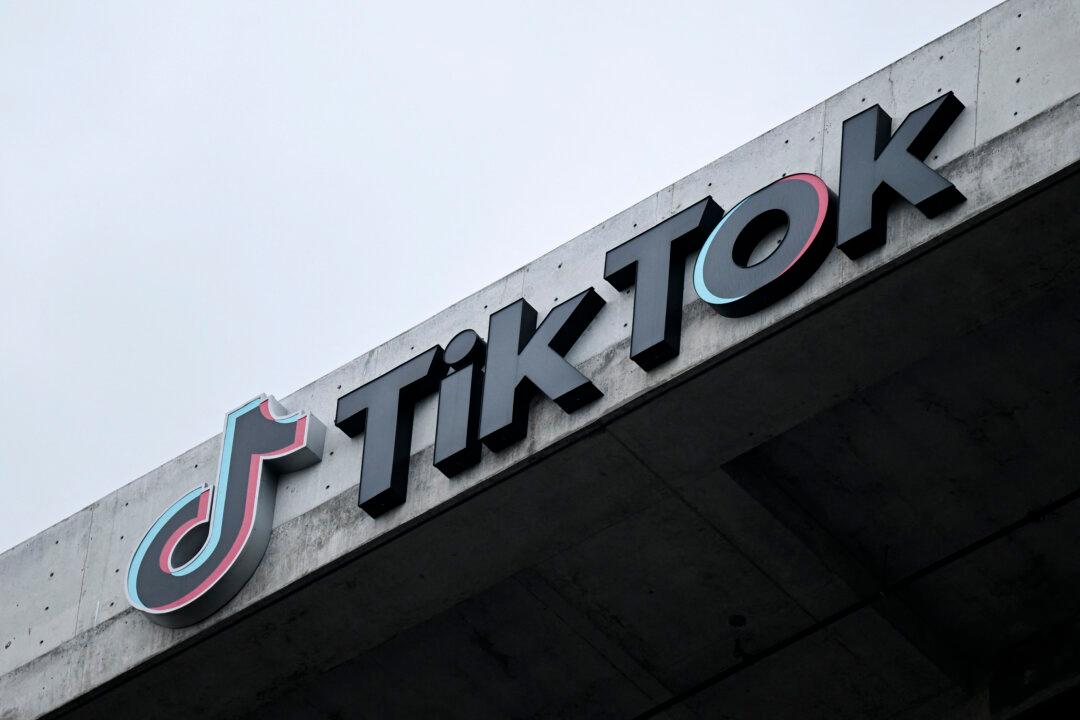The Beijing regime is potentially leveraging TikTok, the short video streaming application, to bolster its strength, Canada’s intelligence agency said in a document recently released publicly.
The 2022 document released to the Foreign Interference Commission shows the Canadian Security Intelligence Service (CSIS) expressing concerns about the app’s collection of Western user data and its potential impact on democracy.





